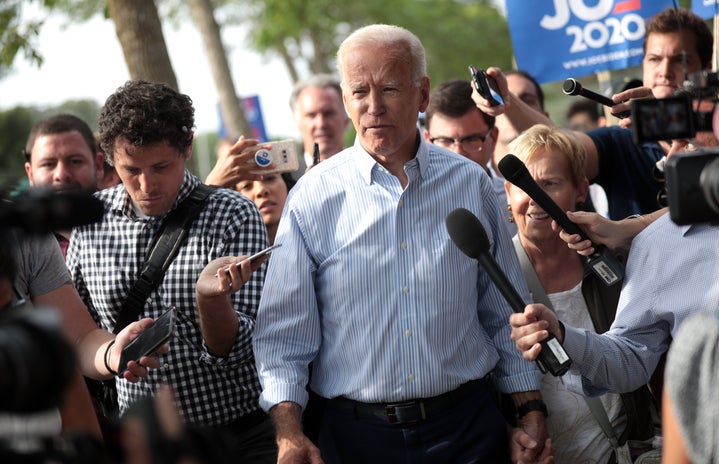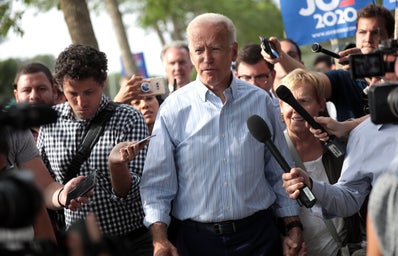Whether you’re on the verge of graduating from an undergraduate institution with loans to pay off or have entered the workforce with no debt, you may be affected by federal student loan policies.
The United States Department of Education has put debt collection on hold since March 2020 due to the COVID-19 pandemic, which has paused the previously required payments for over 40 million Americans. As we are approaching the three-year anniversary, people have become accustomed to living their lives without factoring in bills to pay off their student debt.
Loan Forgiveness
This past August, the Biden administration announced its long-promised and anticipated loan forgiveness program. Individuals that receive an income of less than $125,000 would be eligible for $10,000 in forgiveness. Individuals that make the same income and received Federal Pell Grants in school would be eligible for $20,000 in loan forgiveness.
The Hold-Up
Immediate criticism of Biden’s loan forgiveness plan was voiced by Texas Senator Ted Cruz (Republican) and Floridian governor Ron DeSantis (Republican). Along with other opponents of President Biden’s plan, they argued that the executive branch does not hold the power to cancel student debt.
In September, legal cases were filed against Biden over this issue and have separately argued that Congress is the necessary branch to approve a large-scale student debt plan. Arkansas, Iowa, Kansas, Missouri, Nebraska and South Carolina, all six red states have taken the forefront in legal action.
Each state has witnessed different legal outcomes thus far. In Indiana and Wisconsin, attorneys for tax borrowers and taxpayers failed to sue Biden over the constitutionality of student debt forgiveness. The cases in these states were under the jurisdiction of the no longer junior justice, Amy Coney Barrett, who denied requests for these cases.
Meanwhile, conflicting judicial decisions in states like Missouri are further complicating the constitutionality of Biden’s program. A U.S. district judge dismissed the case against the Biden administration, which was overridden by a federal appellate court that reversed the blocked debt forgiveness plan.
In Texas, a federal judge appointed by Trump during his presidency also attempted to block the student forgiveness plan. He made a decision that declares the president’s action needs to be checked by the federal government because Congress is the proper branch that can make these laws.
Inaction and Court’s Action
With the ongoing legal battles in individual states, the U.S. Education Department has subsequently closed its student forgiveness portal. Potential applicants can still receive information about the program pending judicial decisions, which will determine if the portal and overall program will be allowed.
Loan Pause Unpaused
Debt collection will continue to be paused through June 30, 2023. Although it had previously declared that it would expire on December 31, 2022, Biden extended the pause to allow the Supreme Court to decide on the case.
Separately, Biden’s own student forgiveness program is yet to be resolved as the constitutionality of the plan is being disputed. While student debt remains an important issue for millions of Americans, we will have to wait to see whether Biden’s program will be effective, successfu or even allowed.


